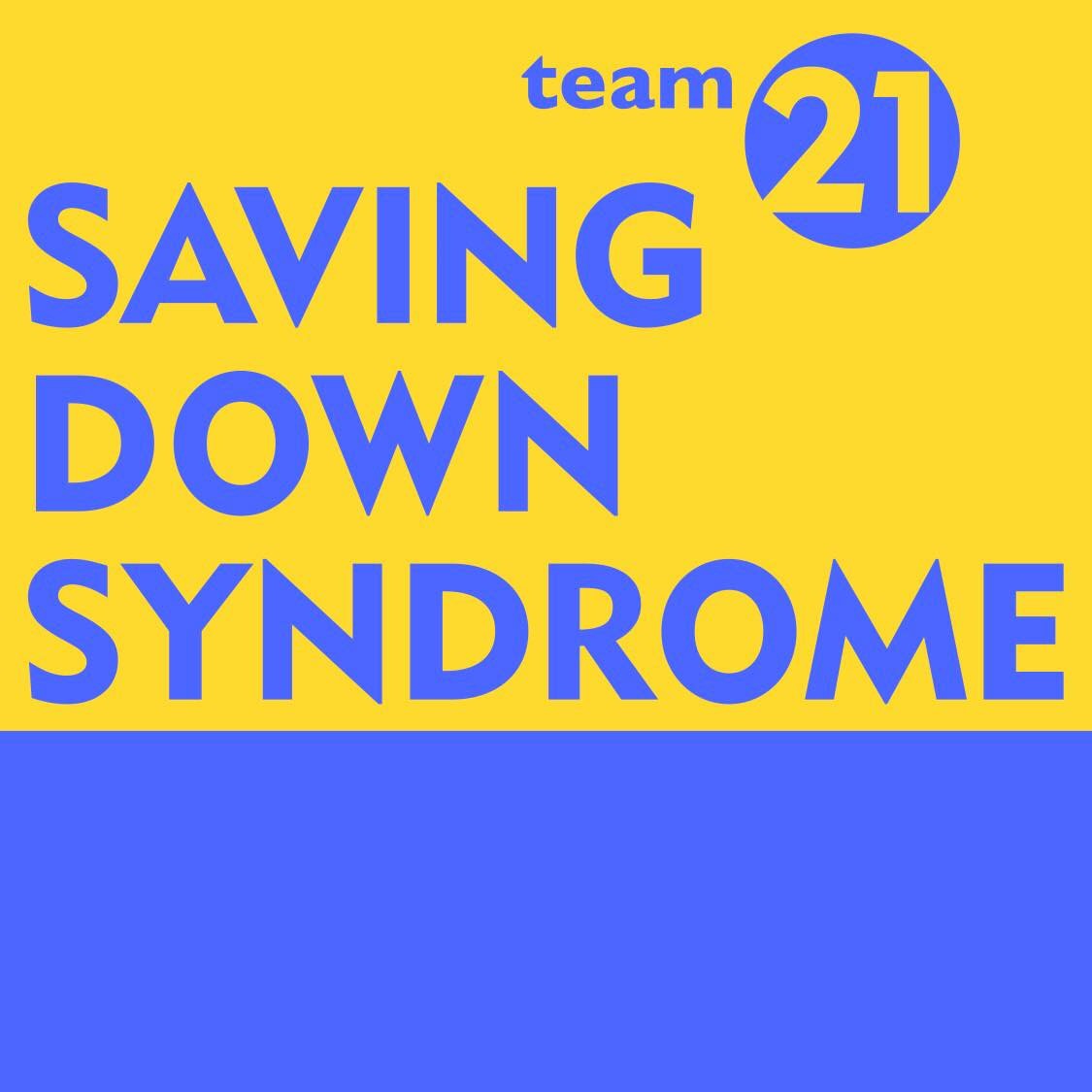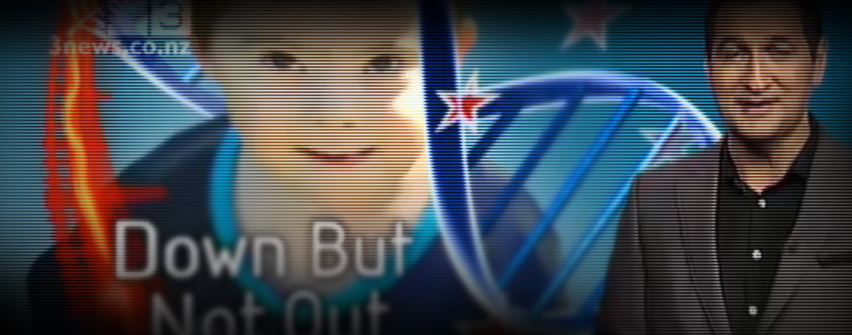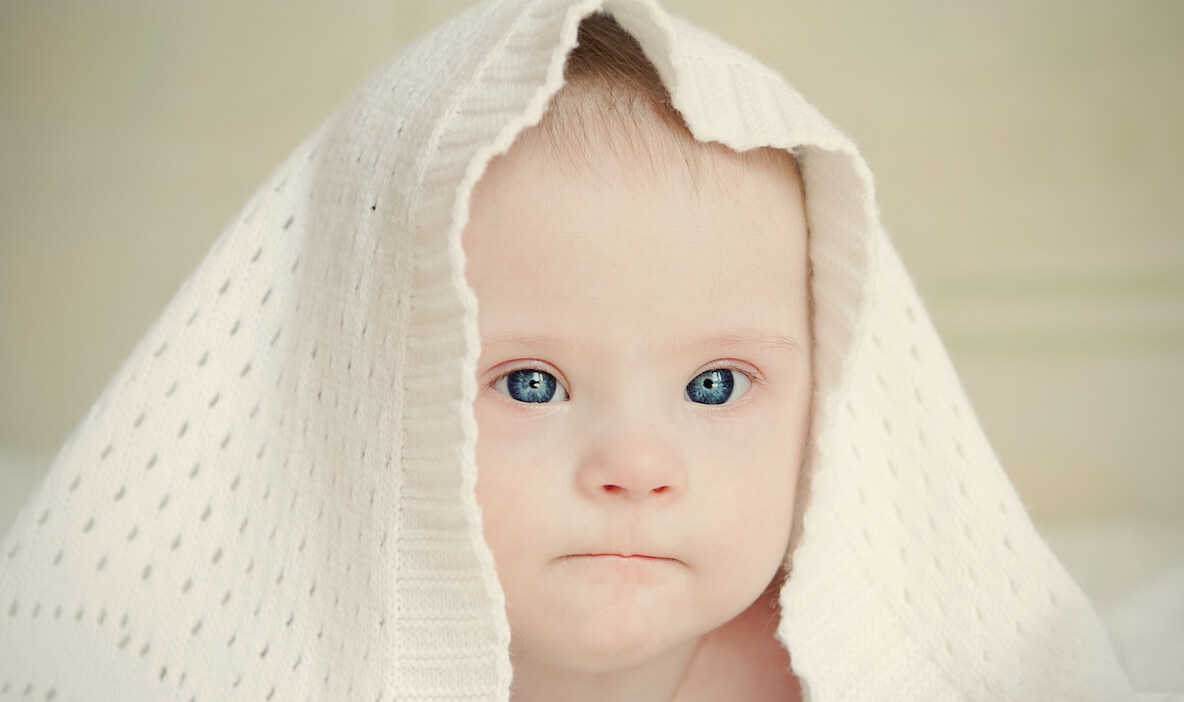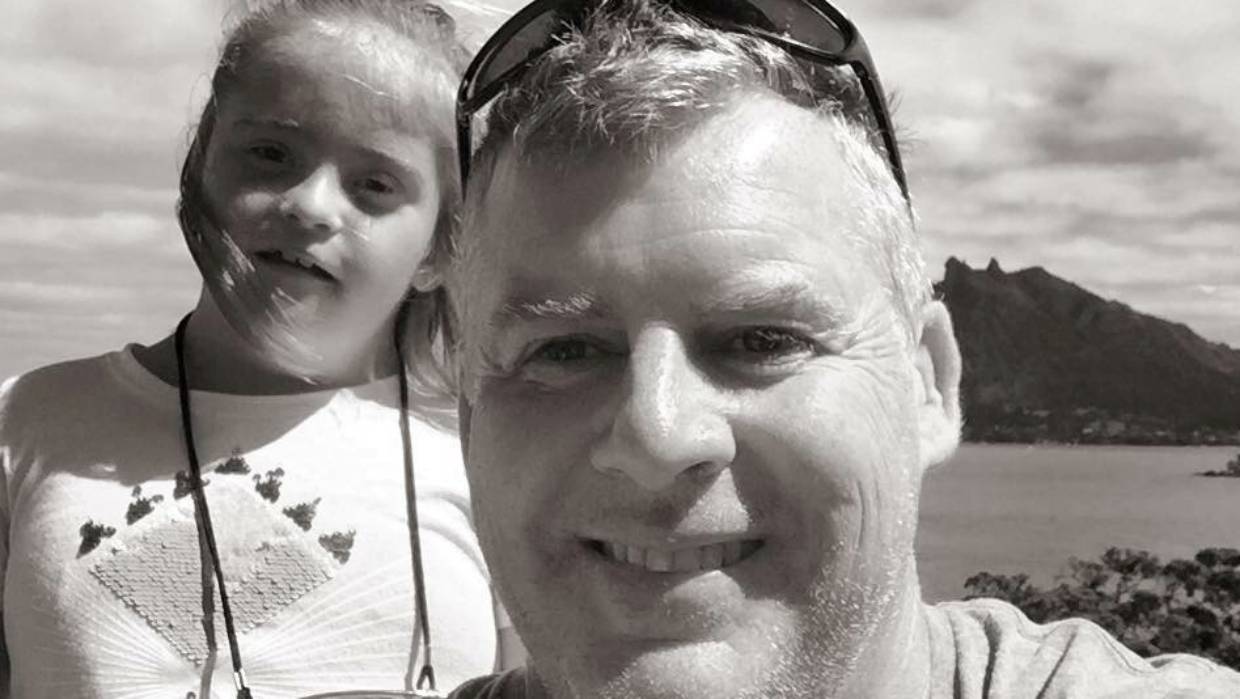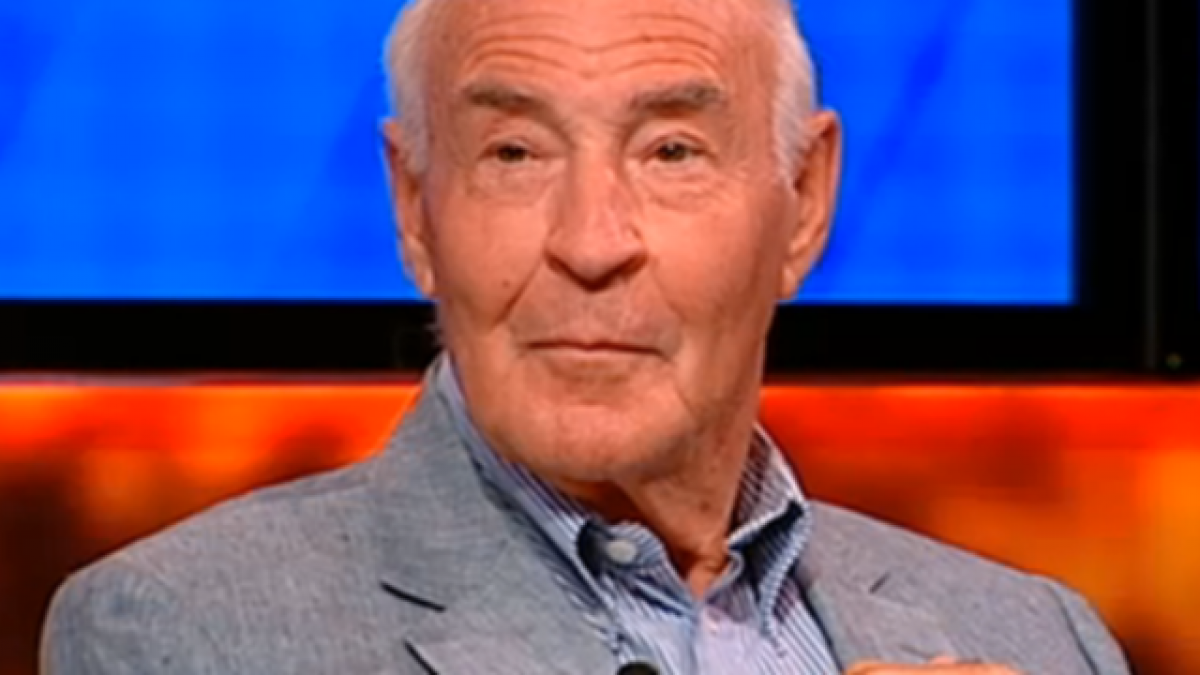Saving Downs is a grass-roots initiative supported by a large group of people with Down syndrome and their families. We focus on providing a balanced perspective on life with Down syndrome and supporting parents with a prenatal diagnosis.
Our concerns
Removal of 20-week gestational time limit for disability
- Under section 187A of the Crimes Act there is currently a gestational time limit of 20-weeks for abortion for disability.
- Under the proposed law, the 20-week gestational time limit for disability abortions will be removed.
- Instead, abortion will be available for disabilities including Down syndrome right through to birth, providing one registered health practitioner signs off on the abortion under the new well-being grounds outlined in part one, clause seven of the Bill, that will allow for abortion up to birth.
- In the handful of jurisdictions that have a similar clause allowing for abortion up to birth, this has in practice allowed for abortion for disabilities including Down syndrome right through to birth.
- The proposed New Zealand legislation in fact only requires one registered health practitioner, which could include a single nurse, rather than the higher threshold of two doctors, for example in Victoria, Australia which has a similar abortion up to birth clause.
- There have been over 1,600 abortions of babies with a disability under a similar abortion up to birth clause in Victoria, Australia, since the law was changed in 2008.
Proposed law breaks promise by Jacinda Ardern
- In 2017 we highlighted their concerns around Jacinda Ardern’s pledge to change abortion laws and that this would introduce abortion through to birth for babies with disabilities. In response, Jacinda Ardern made a commitment to not increase the time limit for disability-selective abortion.
- In response to the concern raised by Saving Downs, Jacinda Ardern said:
- “They have said till 40 weeks, which is wrong, which is wrong. We have time periods already set out in law, I’m not proposing changes to that. I’m proposing it comes out of the Crimes Act.”
- Jacinda Ardern and her Government have broken this promise.
Impact of the new law on the community of people with Down syndrome
- Already the majority of babies in New Zealand diagnosed with Down syndrome are screened out by termination and if this proposed policy became law it could put us on the path towards the situation in Iceland where close to 100% of babies diagnosed with Down syndrome are aborted.
- The Government’s proposed change to the law could also see New Zealand fall foul of international disability rights obligations, as the UN Committee on the Rights of Persons with Disabilities has consistently criticised countries that provide for abortion in a way which discriminates on the basis of disability.
Recommendation
- That the Government ensures that the current 20-week time limit for disability abortions, including Down syndrome, is not removed by introducing a specific provision to the proposed law that clarifies that abortion for disability will not be permitted after 20-weeks.
